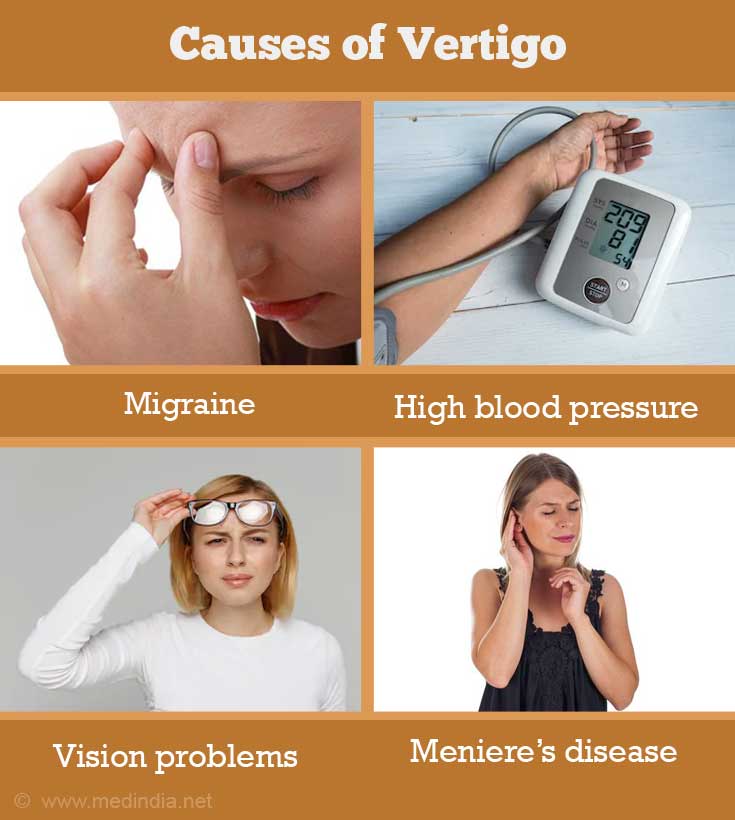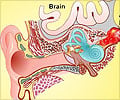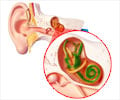What are the Causes of Vertigo?
Vertigo is caused by:
- Benign paroxysmal positional vertigo (BPPV)
- Inflammation within the inner ear (labyrinthitis or vestibular neuritis)
- Tumor- acoustic neuroma
- Trauma to head
- Headache such as migraine
- Meniere’s disease
- Decreased blood supply to the base of the brain
- Genetic causes

The other associated causes of vertigo include:
- High blood pressure
- High cholesterol
- Atherosclerosis
- Diabetes
- Thyroid disease
- Anemia
- Calcium disorders
- Infectious diseases such as syphilis
- Motion sickness
- Vision problems
- Drugs and alcohol.
- Aging
- Dehydration
- Tendency to have migraines
- Certain medications
Lifestyle Causative Factors
While lifestyle factors may not directly cause vertigo, they can worsen existing symptoms or trigger episodes. These include,
- Lack of sleep can affect brain function, including balance maintenance.
- Insufficient fluids can impact blood volume and pressure, affecting oxygen flow to the brain and inner ear.
- Caffeine and alcohol- both can disrupt blood flow and inner ear function, contributing to vertigo symptoms.
- Lack of essential nutrients like vitamin D and magnesium can affect overall health and contribute to vertigo.
















